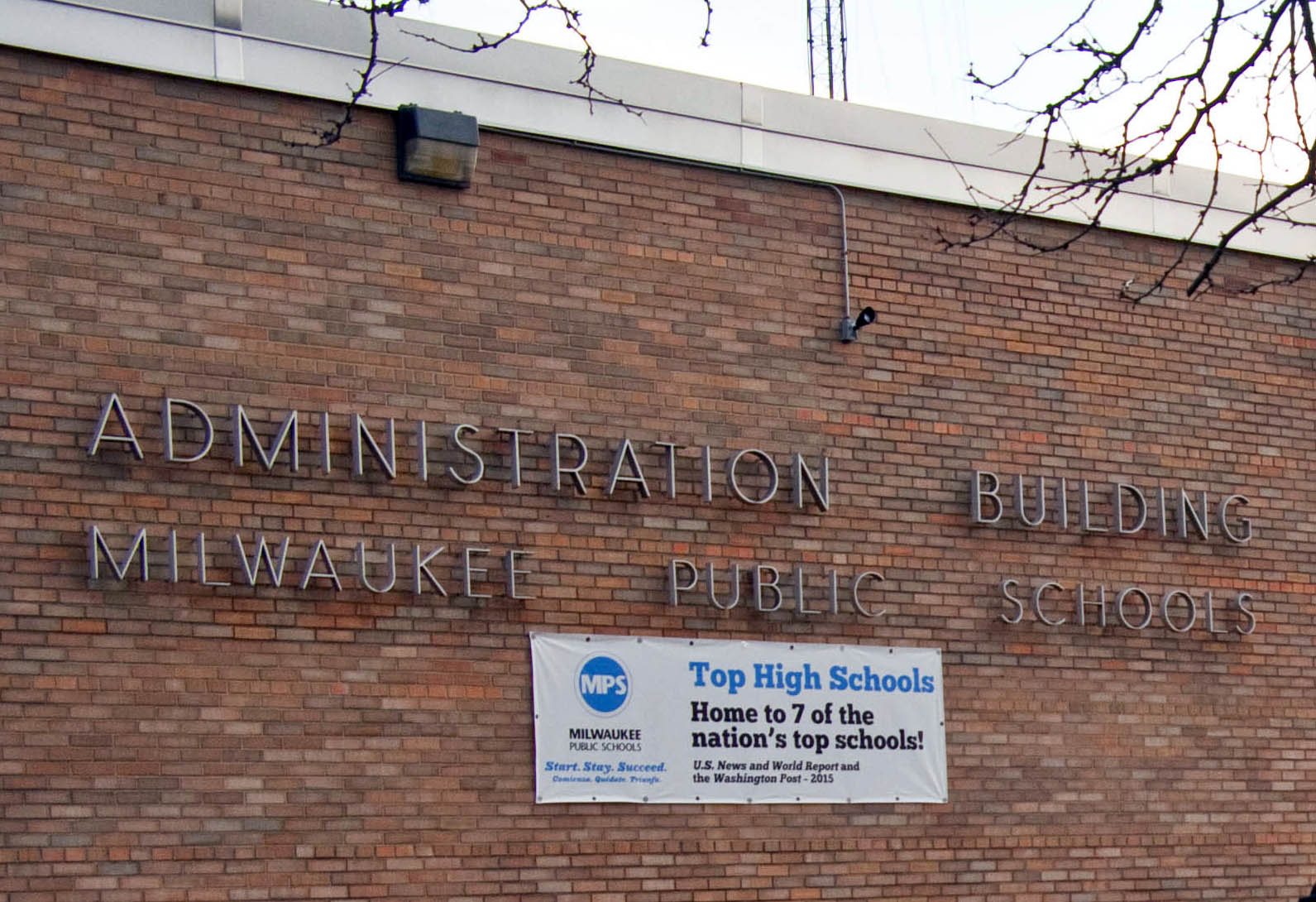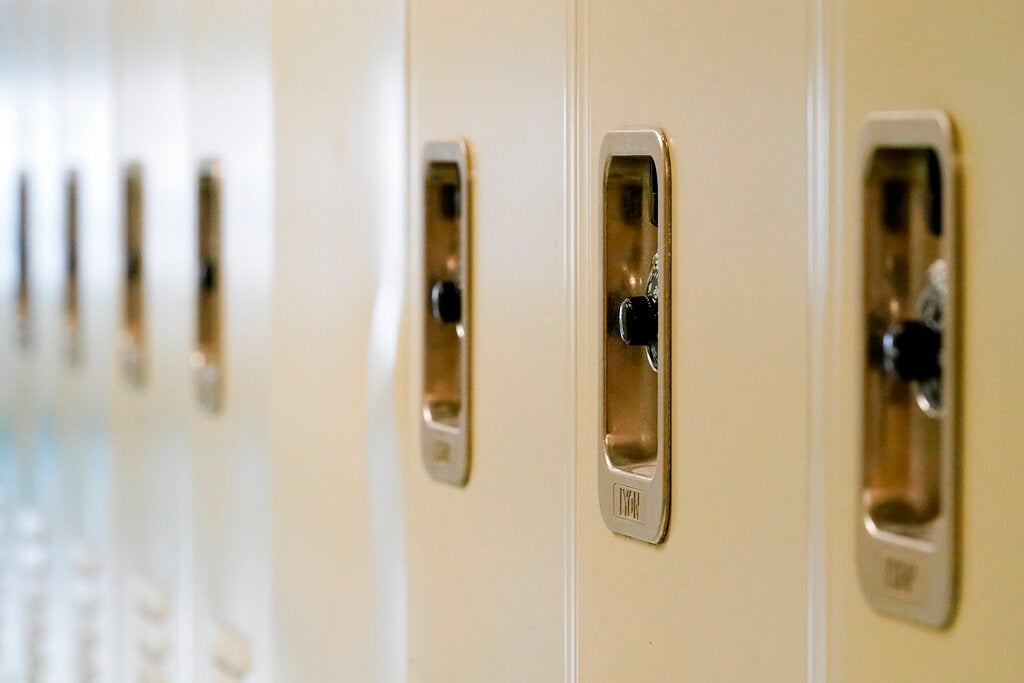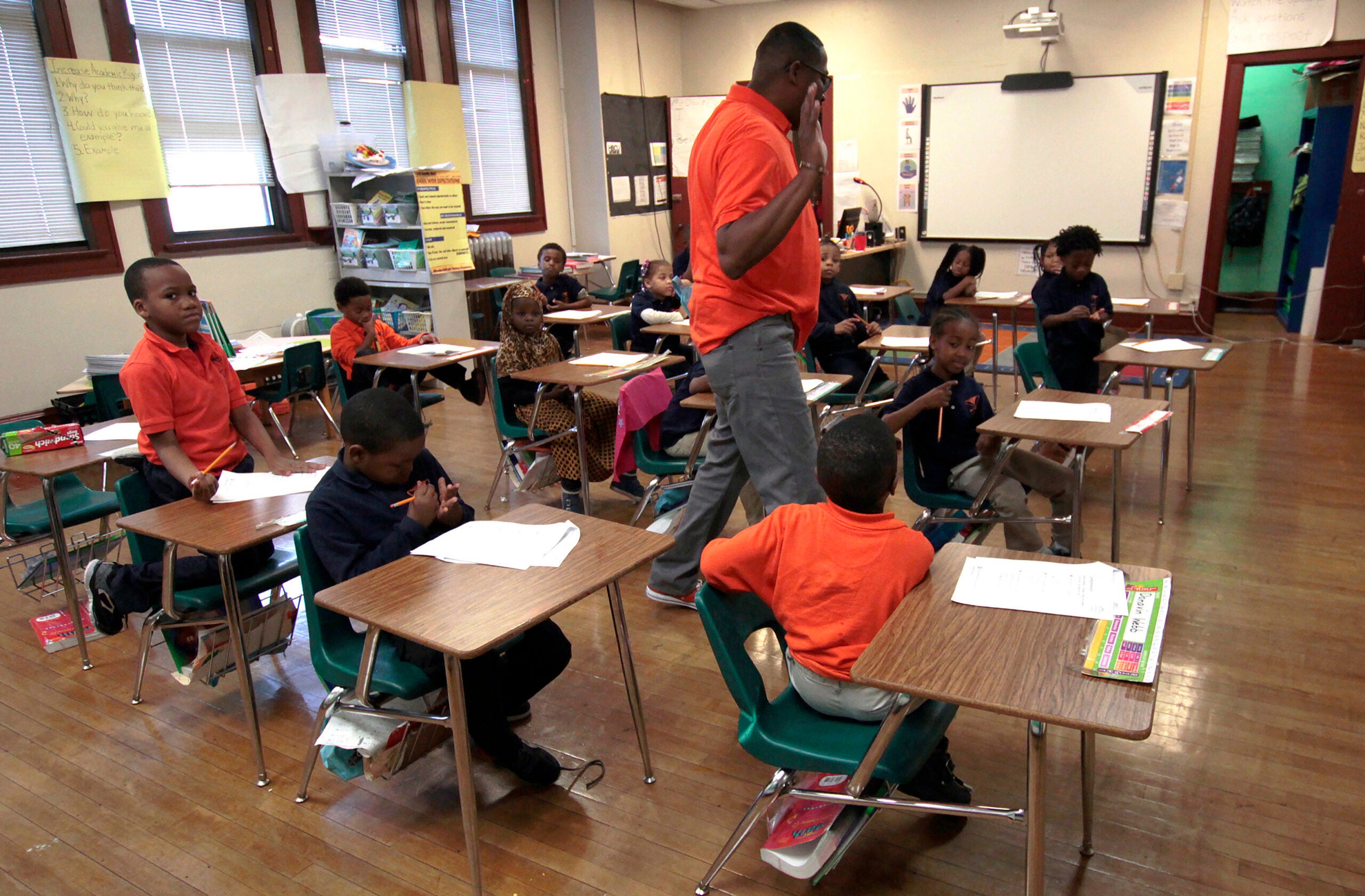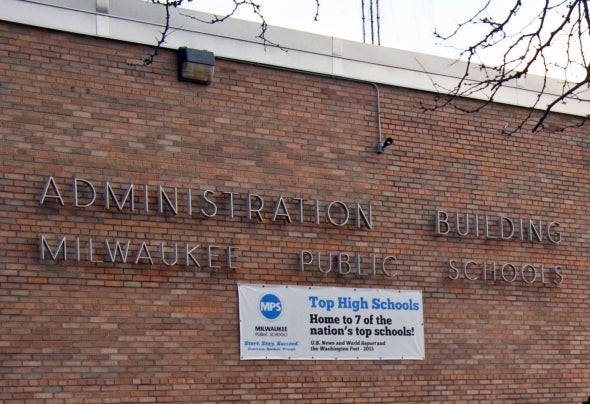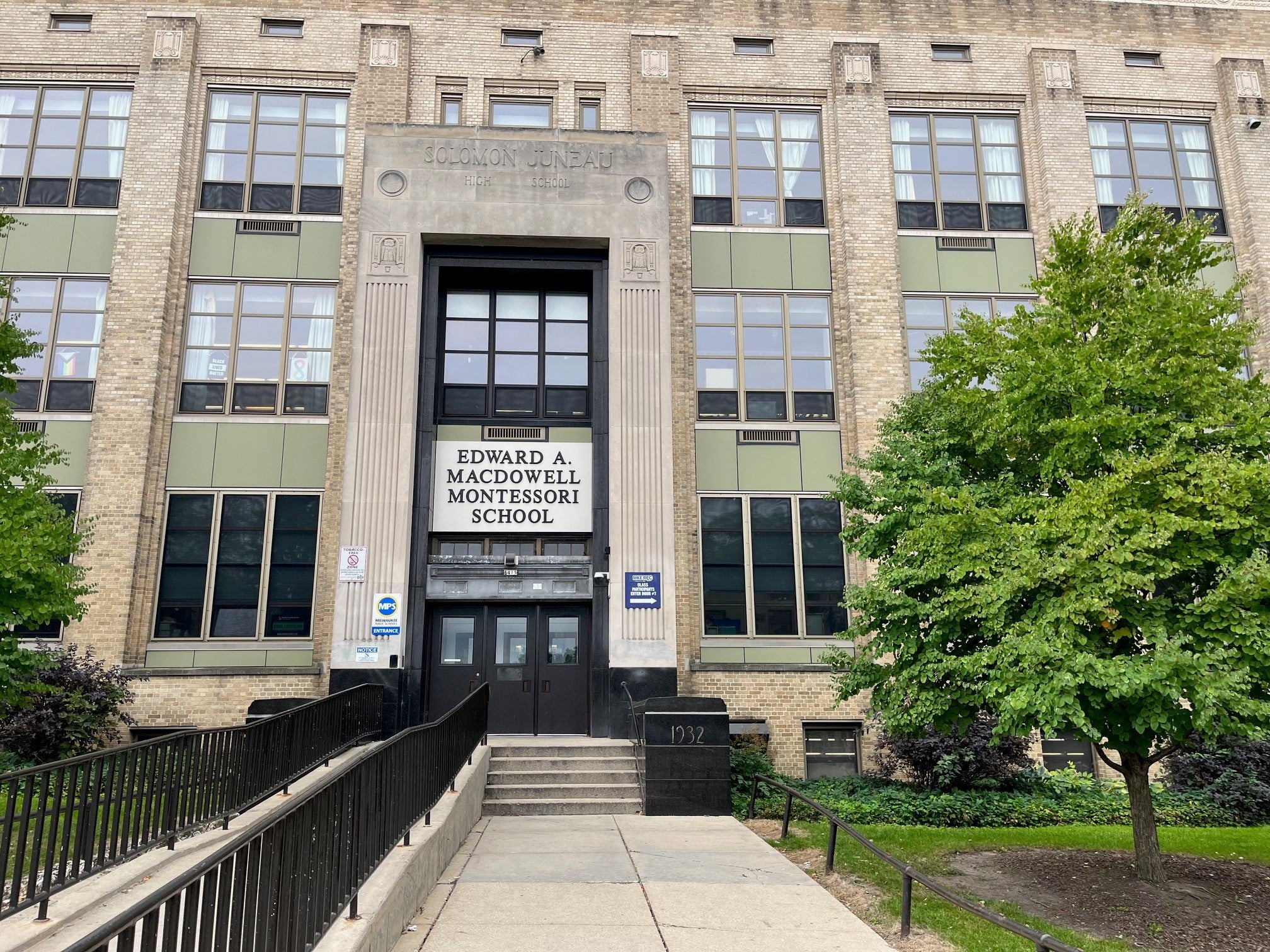Peacemaking for young people? A conflict resolution program will expand in the Milwaukee Public Schools to help students with behavioral problems transition back into traditional schools. We find out more. We also get our weekly update of news in Washington, and we talk about the role of clerks in votin g in Wisconsin.
Featured in this Show
-
The Role Of Clerks In Voting
On Monday The Nation magazine reported that a Green Bay city clerk raised concerns about opening an early voting site on the UW-Green Bay campus because she heard that students favor Democrats. The controversy has raised a lot of questions about the role of clerks in voting and early voting. We talk to the public information officer of the Wisconsin Elections Commission about the role of clerks in elections.
-
This Week In Washington – October 26, 2016
Harry Enten, senior political writer and analyst for FiveThirtyEight, joins Central Time for our weekly look at the most pressing issues in national politics.
-
'Peace Works' Greatly Reduces Suspensions In Milwaukee Alternative Schools
A Marquette University program that helps students with behavioral problems is credited with dramatically reducing the number of suspensions at several Milwaukee alternative schools. Last year, more than 90 percent of students in the Peace Works program decreased their suspensions compared to their previous school. More than three-quarters of the students had no suspensions at all after a year in the program. The Peace Works coordinator explains how the program is working.
-
Marquette Program Focusing On Teaching Nonviolent Behaviors Expanding In Milwaukee
For more than two decades, Marquette University’s Peace Works program has worked to educate school children about “the causes of violence and how to respond nonviolently to conflict,” according to the program’s website.
This year, the program is once again expanding.
Under a one-year $240,480 contract with the Milwaukee Public Schools, Peace Works is more than doubling its work with the school district, specifically focusing on students assigned to alternative schools – Lad Lake Synergy South, Southeastern Education Center and Banner Prep – because of disciplinary violations. Peace Works is aiming to help those students “modify behavior, improve attendance and decrease suspensions,” according to a press release.
“We work with small groups of students and teach a curriculum weekly that focuses on different skills to help them develop conflict resolution and nonviolence education, a repertoire for them to be able to use those skills,” explained Peace Works Coordinator Pam Stahler.
The program focuses on gratitude, anger management, and positive communication, among other topics.
“Every year my heart is full when kids come in and say ‘Hey, I used that positive communication thing we learned with my mom, and we didn’t argue, we actually talked,’” Stahler said.
Each time the group meets, students write down three things they’re grateful for in a gratitude journal. Stahler said at the beginning of the program, the participating students typically write nothing, or even something as small as “I woke up this morning.” By the end of the semester, students often come up six or seven things, and they write new and diverse things every time, she said.
Last year, more than 90 percent of students in the Peace Works program decreased their suspensions compared to their previous school, and more than three-quarters of the students had no suspensions at all after a year in the program.
Stahler said one of her mottos is, “peaceful schools mean a peaceful city,” but in her role as Peace Works coordinator, she takes it a step further.
“Peaceful minds make a peaceful school, and then that translates into peaceful schools making a peaceful city, and peaceful cities make a peaceful world, so it really is that ripple effect, and where we start is with the students in their own minds and hearts.”
Episode Credits
- Kate Archer Kent Host
- Veronica Rueckert Host
- Rob Ferrett Host
- Amanda Magnus Producer
- J. Carlisle Larsen Producer
- Kate Archer Kent Producer
- Reid Magney Guest
- Harry Enten Guest
- Pamela Stahler Guest
Wisconsin Public Radio, © Copyright 2024, Board of Regents of the University of Wisconsin System and Wisconsin Educational Communications Board.

